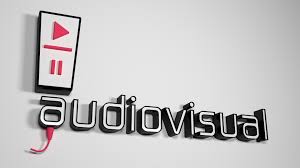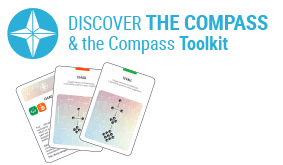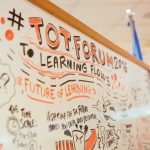Free audiovisual learning opportunities
/The open and free audiovisual opportunities to learn are growing exponentially on the internet. After already two posts about this topic we would like to share some more interesting tips and links with you:
– After several years of TED lectures there is a fantastic inventory of 1204 lectures which is made available here.
– The global classroom of the Khan Academy is reaching currently more than 3200 video’s with lessons and exercises.
– The Udacity university with professors from Stanford is also expanding in open courses integrating didactic sets of learning resources.
– Academic Earth is steadily growing in its offer and is combing lectures from different top universities
– The University of the People is the last one in line we want to mention with the objective to democratize education.
Any other interesting examples?








http://www.coursera.org is also a good free resource.
BBC has excellent online language courses at: http://www.bbc.co.uk/languages/
Thanks Atish. Forgot about Coursera, registered there for a course on “networked life”.
[…] L&T blog: About learning, training and technology at ITC-ILO. (2012). WordPress. Retrieved from http://itcilo.wordpress.com/2012/05/13/free-audiovisual-learning-opportunities/ […]